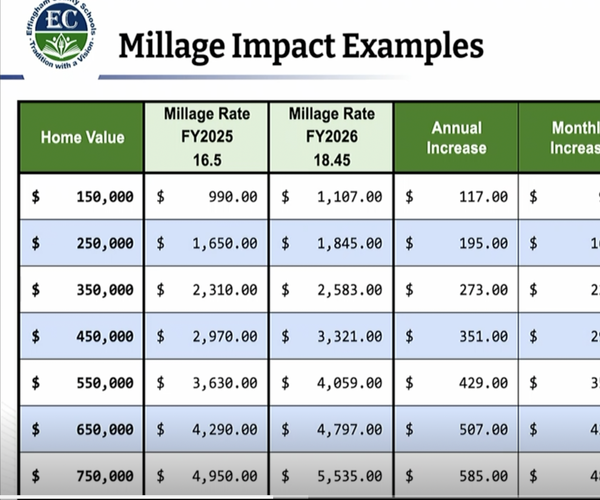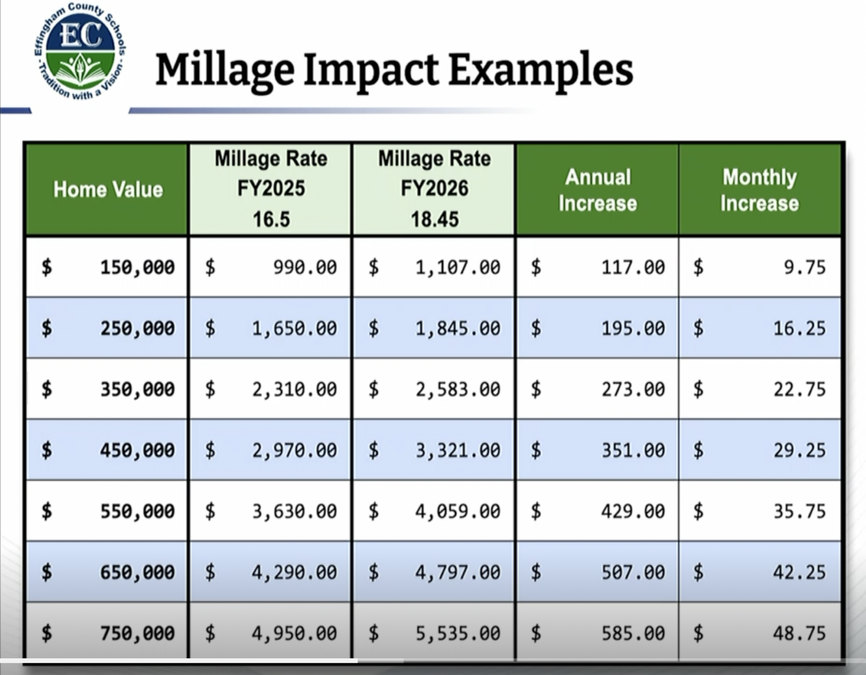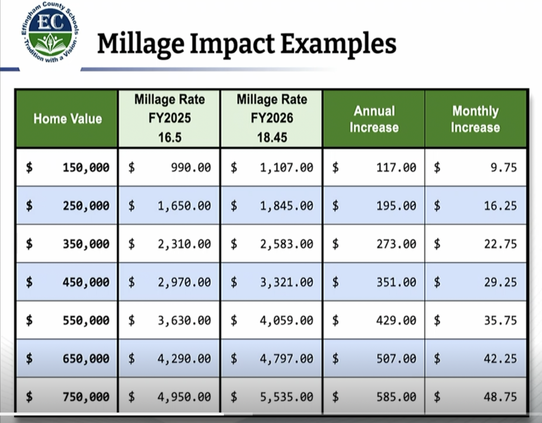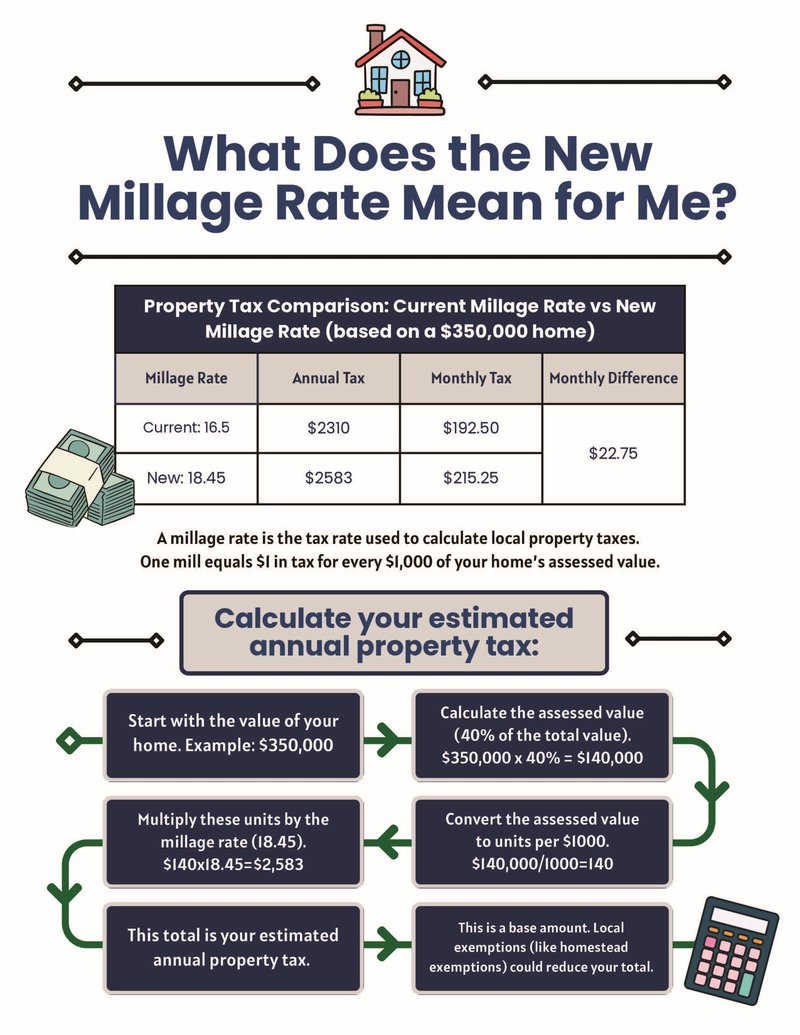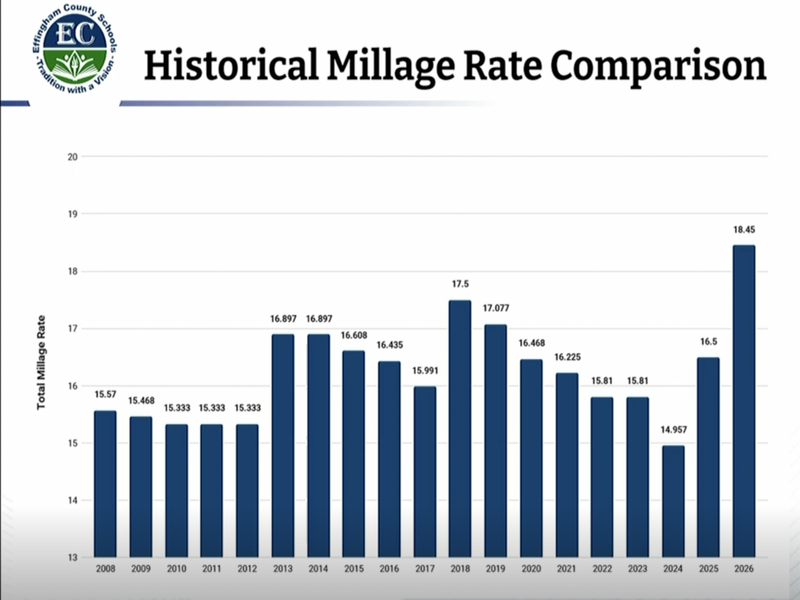Guyton Police Chief Randy Alexander is hoping to get to enforce another law and asked the city council to look at putting it on the books.
Alexander has asked council members about a disorderly conduct ordinance for the city that would allow him and his officers to do something about those who are drunk and disorderly or who use abusive and vulgar language in certain places and times.
“The state has one,” Alexander said of the disorderly conduct statute, “but it is very vague. The state guidelines are fine, but there are gray areas.”
City attorney Ramona Bartos said the state’s ordinance harkens back to the mid 1800s, and its language and its prohibitions reflect its age.
“It is Victorian in its language,” she said. “It is very difficult for a lay person to understand.”
According to the state statute, first written in 1863, disorderly conduct includes: “acts in a violent or tumultuous manner toward another person whereby such person is placed in reasonable fear of the safety of such person’s life, limb or health; acts in a violent or tumultuous manner toward another person whereby the property of such person is placed in danger of being damaged or destroyed; without provocation, uses to or of another person in such other person’s presence, opprobrious or abusive words which by their very utterance tend to incite to an immediate breach of the peace, that is to say, words which as a matter of common knowledge and under ordinary circumstances will, when used to or of another person in such other person’s presence, naturally tend to provoke violent resentment, that is, words commonly called ‘fighting words.’”
Council members also may be busy figuring out how to handle a request to turn a mobile home into an adult day care center.
Lenora Hunter and Freda Holland currently have R-1 zoning for a manufactured home they are refurbishing and asked for rezoning to R-4. Bartos said R-2 zoning would be appropriate and that the city’s R-4 doesn’t cover their request.
Hunter and Holland said their plan is for people to drop off their senior citizens at their business for the day and to pick them up again in the evening.
“All I can do is interpret the law. We don’t have a definition for a convalescent center or a nursing home,” Bartos said. “My recommendation is you need an ordinance. These uses are not contemplated under our R-4. The issue I see is not the use, but the manufactured home.”
Said Alderman Phillip King: “We’ve got some work to do.”


